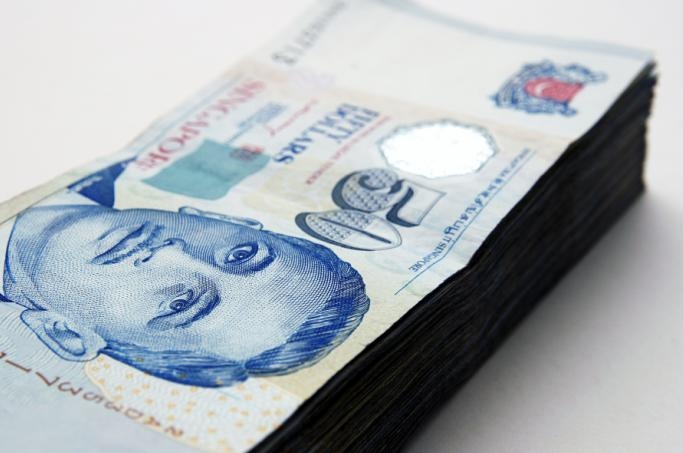
OCBC most resilient among banks, says analyst
The lender was described as the toughest with excellent asset quality and high liquidity.
UOBKayHian noted:
Monetary easing in the US and euro zone has averted a systemic fallout but global growth could remain sluggish. Nevertheless, the Singapore economy has stayed resilient, unaffected by the external turmoil. Pristine asset quality has allowed Singapore banks to maintain positive earnings growth.
We maintain OVERWEIGHT on Singapore banks as valuations are attractive compared to regional peers. DBS and OCBC provide an upside of 32.6% and 25.7%, respectively, based on mid-cycle P/B of 1.50x and 1.71x.
Our top pick is DBS due to its overwhelmingly attractive P/B of 1.15x. DBS has focused on organic growth through executing its nine strategic priorities. The acquisition of Bank Danamon, when completed, will increase its exposure to high-growth emerging markets.
OCBC is solid as a rock with impeccable asset quality and a high level of liquidity. The bank will focus on building its presence in Indonesia and China. Its P/B at 1.4x is 1SD below the long-term mean.
We have devised a test of resiliency to identify tough banks that are able to weather the storm should the recovery be protracted and bumpy. Our analysis indicates that OCBC is the most resilient, followed by UOB and DBS.
We see OCBC as the toughest bank with excellent asset quality and high liquidity. A significant portion of OCBC’s NPLs are not overdue and are well collateralised. Liquid assets are maintained consistently high at 38.3% of short-term liabilities and 29% of total assets.
While OCBC is most affected by the new Basel III rules, its tangible common equity (TCE) ratio is high at 8.4%. UOB scored well in capital adequacy with Common Equity Tier-1 (CET1) capital adequacy ratio (CAR) at 12.3% and is ranked second for liquidity.
























 Advertise
Advertise






